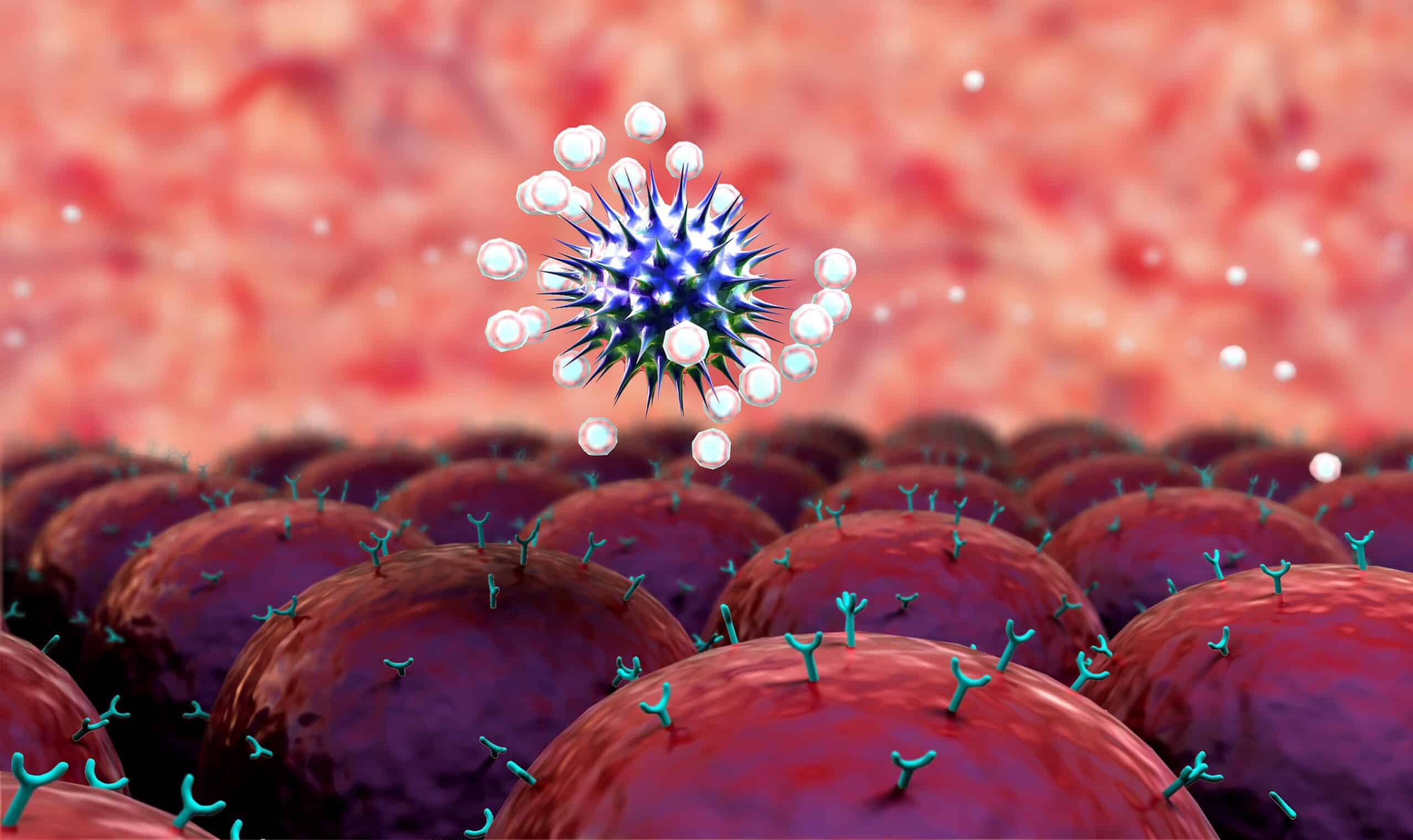LT: With the world currently living through a global pandemic where the overwhelming number of victims are going to be older people, it was encouraging to see the publication of the recent paper published in Aging and Disease highlighting the need for a geroscience approach to tackling COVID-19.
ABSTRACT:
“The data on COVID-19 is clear on at least one point: Older adults are most vulnerable to hospitalization, disability and death following infection with the novel coronavirus. Therefore, therapeutically addressing degenerative aging processes as the main risk factors appears promising for tackling the present crisis and is expected to be relevant when tackling future infections, epidemics and pandemics. Therefore, utilizing a geroscience approach, targeting aging processes to prevent multimorbidity, via initiating broad clinical trials of potential geroprotective therapies, is recommended.”
LT: Despite several leading figures in the longevity field suggesting that drugs that target aging could contribute to the fight against the virus, governments around the world have been slow to respond.
LT: Professor Faragher shared his thoughts on coronavirus, saying that he would have liked to have seen a much greater focus on the companies developing age-related therapies.
“I’m profoundly disappointed by the response, both nationally and internationally,” he says. “I think the failure of the aging research community to get meaningful traction on COVID despite really serious people trying shows that we’re still marginal.”
“Who is most likely to die or get very sick with COVID? It’s the same person who’s liable to die or get sick of any other virus – people with a weak immune system. So who are the most likely people to have weak immune systems? Older people, particularly older men.”
“Have we seen any serious attempt from policymakers or doctors to say this is a problem of aging immune systems? Why is it that we are so marginal that when the overwhelming majority of victims that the people claim to want to help are old, we are not listened to?”
LT: Finding a vaccine for coronavirus seems to be the focus of the global response to the pandemic and Faragher is concerned that this is too narrow an approach.
“With all of the problems that you get with vaccines, will the damn thing worsen the symptoms?” he asks. “Will it drive the evolution of the virus? Will it bloody work full stop? And if it does work perfectly, what’s the point of giving it to somebody whose immune system is so weak that they can’t generate an immune response? I would far rather be in a position where, if you’re 75, you have the same chance of becoming seriously ill with COVID with that you do at 20.”
LT: But Faragher is optimistic about the future of the Longevity sector, both from an investment perspective and within the context of the pandemic, because the big question is what happens afterwards.
“By 2050 there will be more older people than children for the first time in history, and the single biggest predictor of the single largest risk to your health is your age,” he says. “Sooner or later, somebody will have a winning drug coming out of senolytics or something similar. And the people, companies and countries that own that drug will own 21st century healthcare.”




